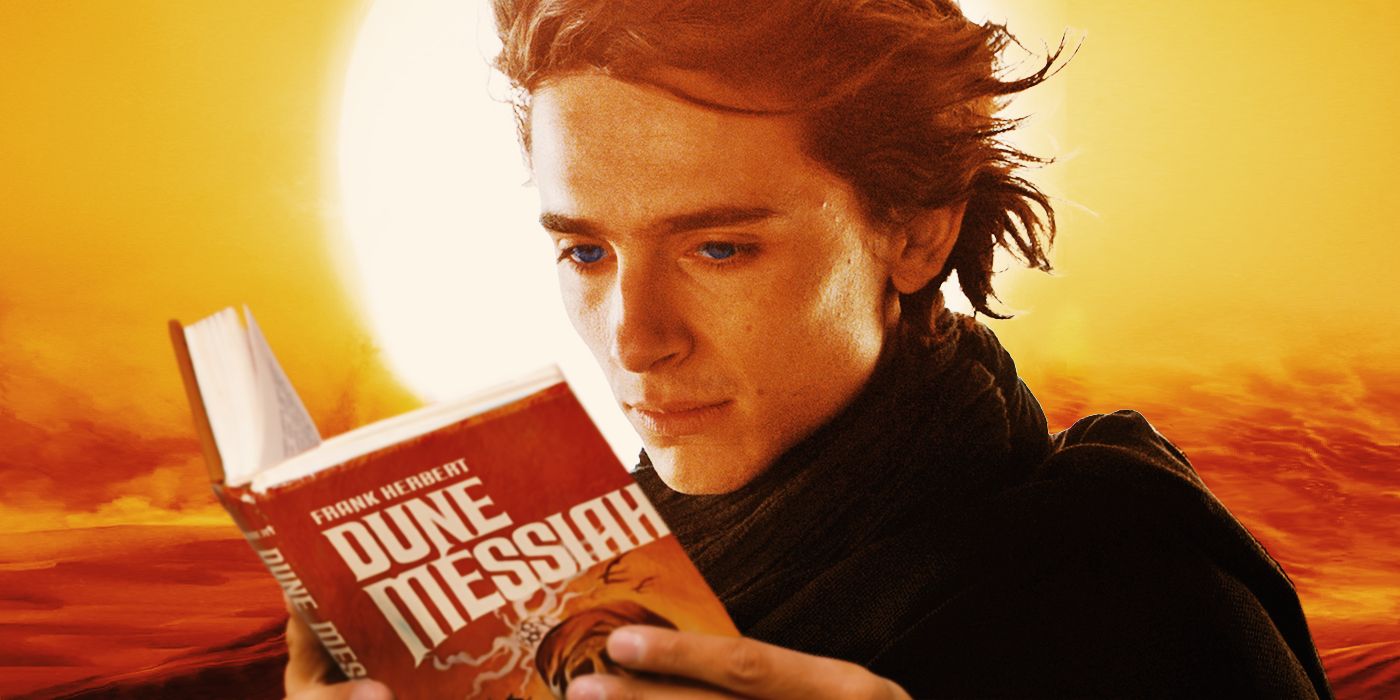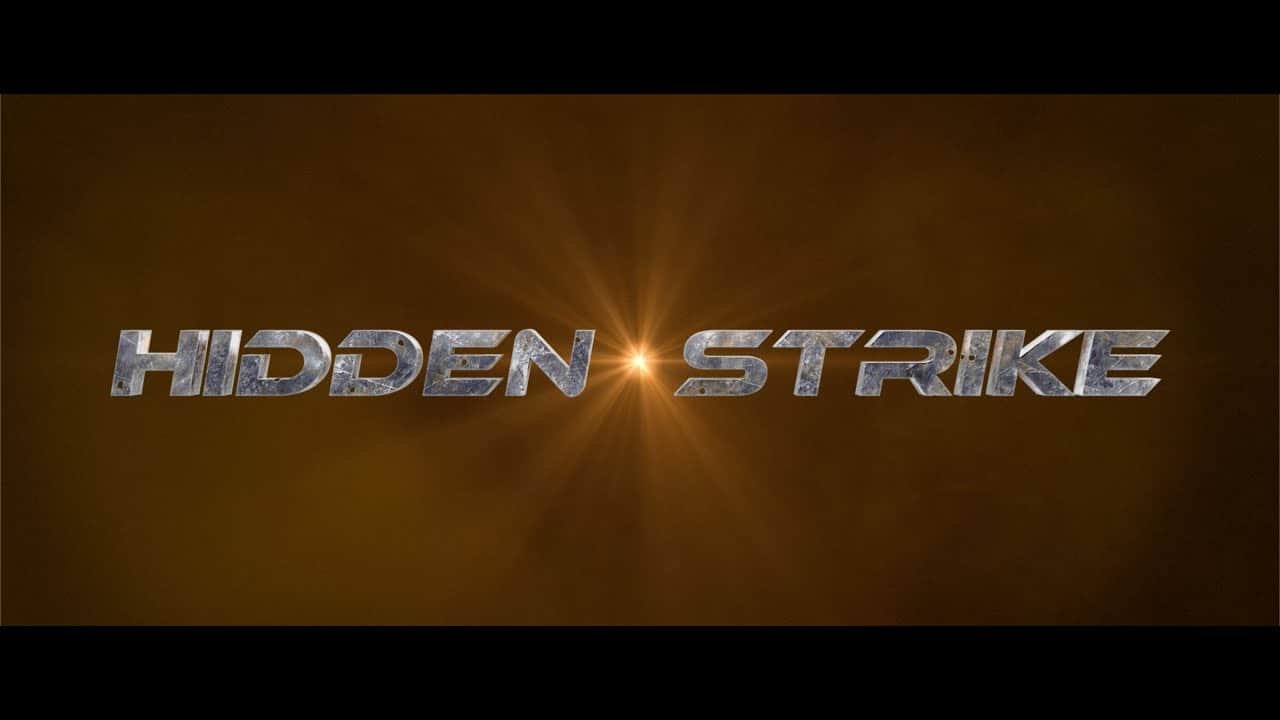
Dune: Messiah, the anticipated sequel to Dune (2021) and follow-up to Dune: Part Two (2024), marks the continuation of Paul Atreides’ tragic evolution from messianic hero to controversial ruler. Based on Frank Herbert’s 1969 novel, Messiah delves deeper into the political, religious, and psychological weight of Paul’s rise as Emperor after the Fremen jihad sweeps across the galaxy in his name.
Where Dune: Part One introduced us to the harsh desert world of Arrakis and Paul’s prophetic visions, and Part Two saw him embrace the Fremen destiny, Messiah shifts gears. It becomes less a sweeping epic and more an intimate study of leadership, destiny, and the cost of power. This is not a triumphant story, but a meditative, haunting one.
In Messiah, Paul is no longer just a boy haunted by visions—he is a godlike emperor grappling with the consequences of the holy war fought in his name. Billions have died. Entire star systems have fallen under his banner. Yet Paul is trapped, unable to reverse the religious machine he set in motion. Plagued by prescience, political conspiracies, and personal loss, his rule is tested by the Bene Gesserit, the Tleilaxu, the Spacing Guild, and even those closest to him.
Director Denis Villeneuve, if returning, would likely maintain his signature visual grandeur, but with a darker, more introspective tone. Where Part Two was driven by battles and rebellion, Messiah is fueled by paranoia and inner conflict. Themes of martyrdom, sacrifice, and the fallibility of gods take center stage. It's a bold narrative shift that might challenge audiences expecting another explosive space opera.
If Dune: Messiah follows the novel faithfully, viewers will witness the slow unraveling of Paul’s myth. His love for Chani is tested, his sister Alia plays a more prominent (and ominous) role, and his prescient visions drive him toward an inevitable and devastating choice. The conspiracies against him are not just external—they are existential. By the film’s end, Paul is blinded, broken, and wandering into the desert, leaving behind a collapsing empire and an unborn future he cannot control.

Should Villeneuve continue this cinematic journey, the next logical chapter would be Children of Dune. In it, Paul’s twin children, Leto II and Ghanima, inherit both the throne and the terrifying burden of their father's legacy. The seeds planted in Messiah—betrayal, prophecy, and the dangers of messianic rule—will bloom into a saga of genetic manipulation, religious fanaticism, and transformation on a mythic scale. Leto II’s transformation into the God Emperor will be one of the most ambitious science fiction arcs ever brought to screen, if realized.
Dune: Messiah promises a cerebral, tragic continuation of Paul Atreides’ journey. If adapted faithfully, it will not glorify his reign, but interrogate it. It’s a rare sci-fi tale that dares to question the hero’s victory, asking: what if the messiah we follow becomes the tyrant we fear?
With its themes more relevant than ever—cult of personality, religious extremism, and destiny versus choice—Dune: Messiah might be Villeneuve’s most daring film yet.



